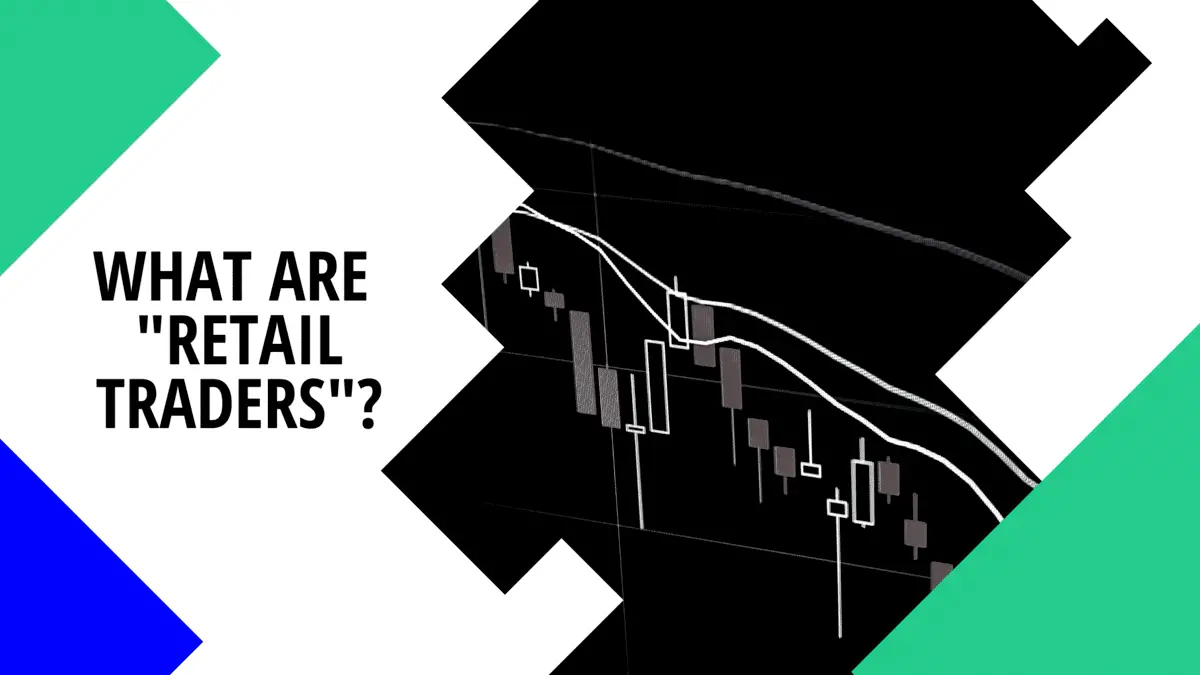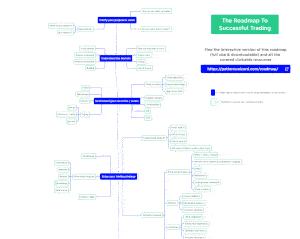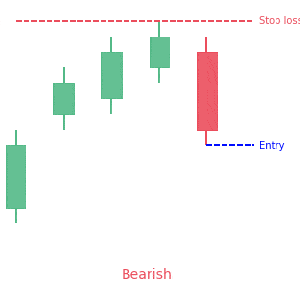Retail trader meaning is something everyone wants to know. Additionally, people also want to know about the differences between retail and institutional traders. Are you among these people and interested in knowing retail trader meaning and how retail traders are different from their counterparts?
If yes, then there is no need to look anywhere else because we are going to tell you what retail trader means. In this article, it is our motto to enable you to understand who retail traders and investors are. Additionally, we are also going to highlight the major differences between these two types of traders. Let’s begin!
Retail traders meaning
The meanings of retail traders are pretty simple. Retail traders are non-professional individual traders or investors who trade with their own money. Typically, they use their accounts and trade through traditional or online brokerage firms.
It is also important to note that retail traders may decide to trade themselves or hire a professional. In other words, they may trade as active traders i.e. making trades on their own without any help from professionals. They may also acquire the services of professionals such as financial advisors to oversee their trading decisions.
How do retail traders work?
Retail trader meaning becomes more clear when you completely understand how retail traders work. Retail trading works on a very simple mechanism.
Firstly, retail traders start trading by opening an account with a broker, typically an online broker. Online brokers offer numerous features that suit retail traders. For example, they may offer Robo advisors or automated accounts. Such accounts offer the much-needed ease retail traders seek.
Secondly, retail traders transfer money into their brokerage accounts and start trading right away. Brokerage firms offer a lot of financial instruments for trading such as stocks, forex, cryptocurrencies, ETFs, bonds, and so on.
The impact of retail traders on the financial markets
Retail traders have a major impact on individual securities as well as on the markets at large. This wasn’t the case two or three years ago. The global COVID-19 pandemic has also changed the dynamics of the trading world. Yes, you read it right. Retail traders have become a big force after the pandemic. It is not a surprise to know that a record number of people took interest in trading during the pandemic.
In fact, retail traders have widely driven up prices of so-called meme stocks in an attempt to thwart institutional investors making money through shorting stocks. However, it is hard to determine whether this enthusiasm will last for long or not. But most experts have suggested that such popularity indicates a permanent change in the overall dynamics of the financial markets. That said, it is possible that retail traders will continue to play a huge role in financial markets in the future.
Differences between retail traders and institutional traders
There are two primary types of traders when it comes to buying and selling financial instruments on financial markets. Let’s see how retail traders are different from institutional traders.
Characteristics of retail traders
- Individual traders who trade by using their own accounts on brokerage firms and not for another organization.
- Retail traders often make trading decisions based on technical analysis, indicators, and price patterns.
- They often buy or sell round lots such as 100 stocks.
- Retail traders trade with small amounts and cannot influence markets on their own.
- Almost no access to IPOs.
Characteristics of institutional traders
- Institutional traders trade on the behalf of large institutions such as banks, companies, or mutual funds.
- They focus on a wide range of factors including fundamental analysis, sentimentality, and trading psychology.
- Institutional investors buy a huge number of shares or other securities in one go.
- As they trade with huge funds and buy or sell in bulk, they have a huge impact on the prices of securities.
- They also trade or invest in any opportunity including stocks, bonds, options, futures, and so on.
- Institutional traders have complete access to IPOs.
Retail traders may eventually become institutional traders
Although retail traders and institutional traders are significantly different from one another, retail traders may eventually become institutional traders. Yes, it is possible. For example, a retail trader starts his trading journey with his own money and gets successful. He/she may start trading on the behalf of his/her friends or family.
If the success story continues and someone continues to make money, he/she may look to expand. He/she may manage to gather more funds from other investors and may manage to lay the foundations of a small investment fund. Eventually, a retail trader may become an institutional trader if the growth continues.

 Good Trading requires the Best Charting Tool!
Good Trading requires the Best Charting Tool!

 We loved Marwood Research’s course “Candlestick Analysis For Professional Traders“. Do you want to follow a great video course and deep dive into 26 candlestick patterns (and compare their success rates)? Then make sure to check this course!
We loved Marwood Research’s course “Candlestick Analysis For Professional Traders“. Do you want to follow a great video course and deep dive into 26 candlestick patterns (and compare their success rates)? Then make sure to check this course!